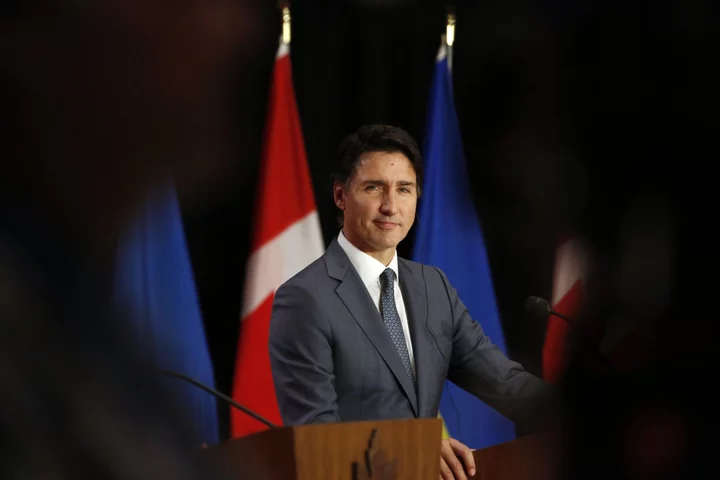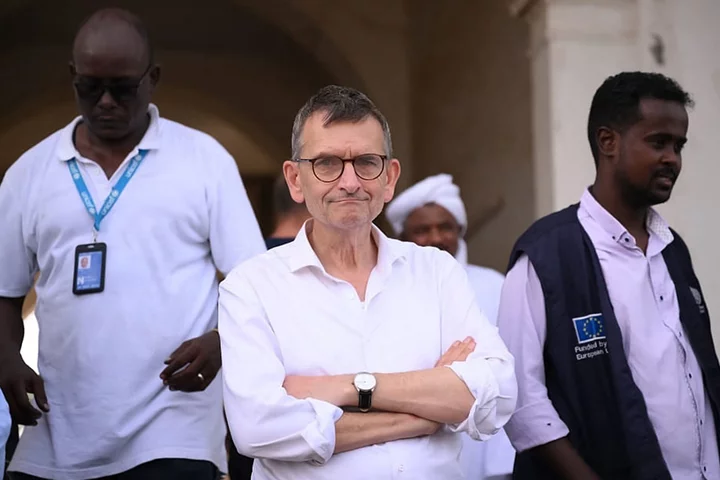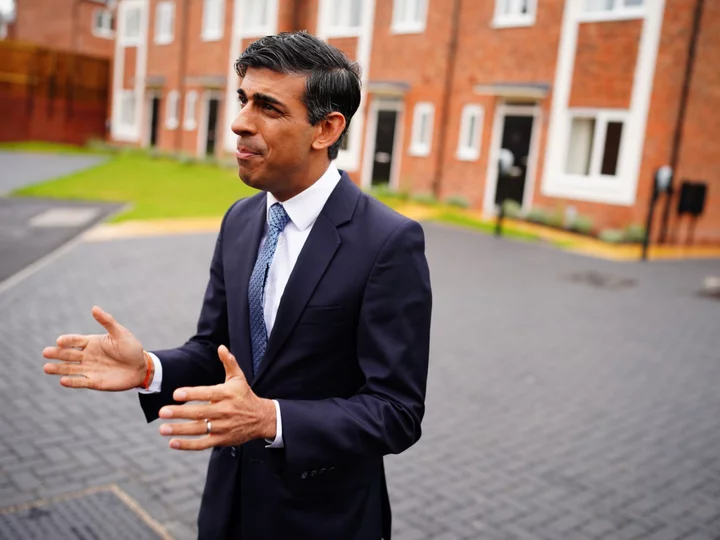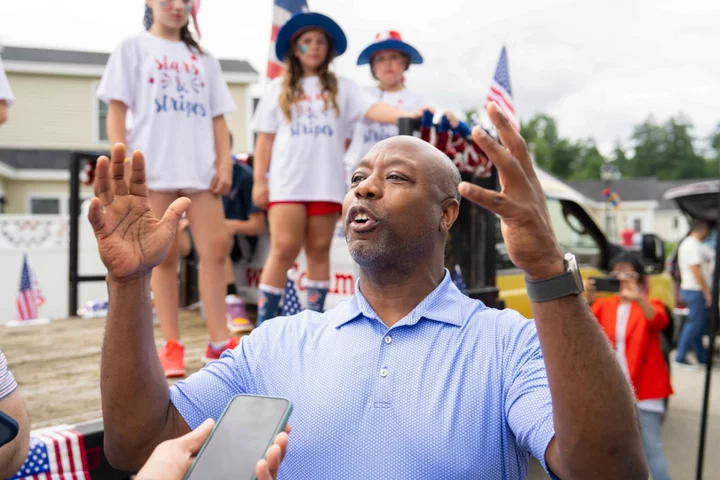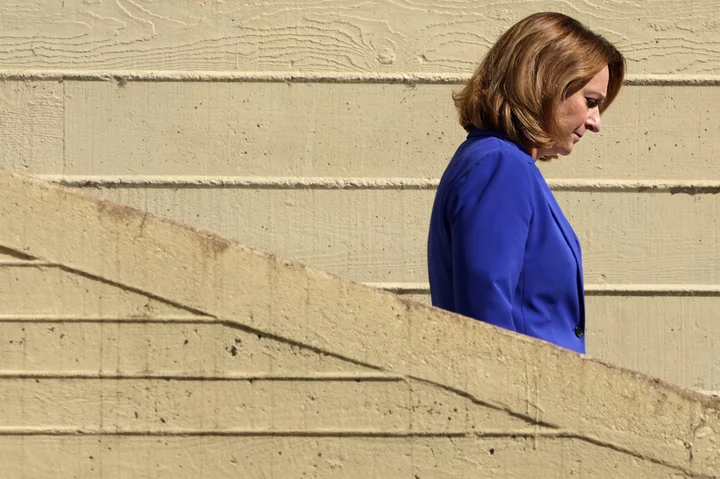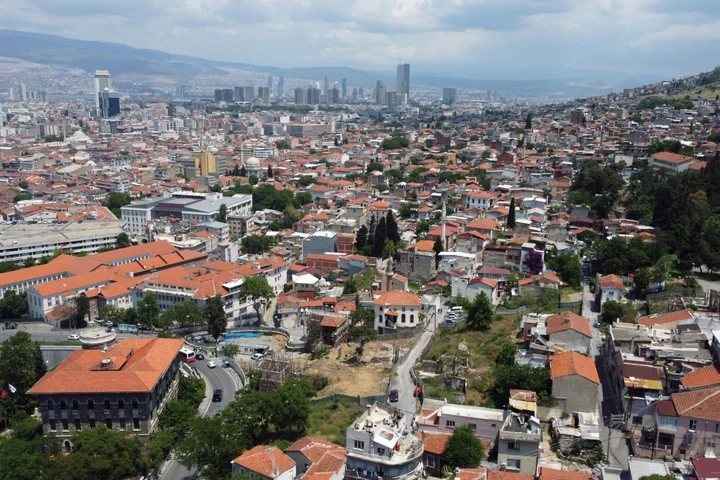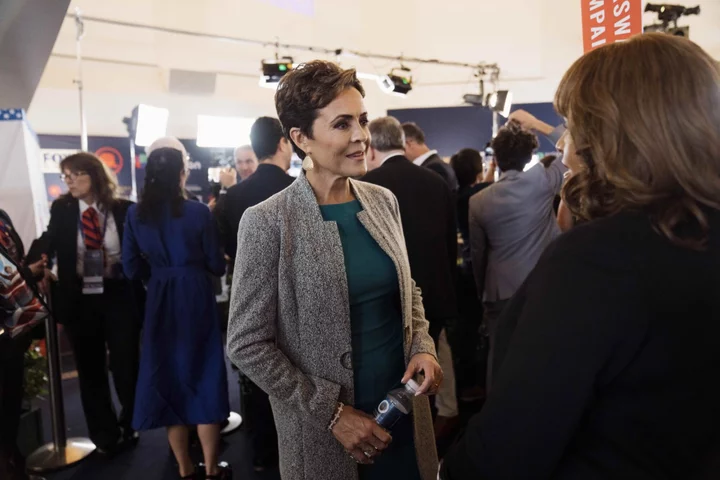Canadian officials shared evidence with India’s government, including communications and phone numbers that they believe link Indian agents with the murder of a Sikh activist, before Prime Minister Justin Trudeau went public with the allegation, said people familiar with the matter.
The information was exchanged via security officials of the two countries, the people said, who asked not to be identified due to the sensitivity of the matter.
One person said the evidence was given several days before Sept. 18, when Trudeau told members of Canada’s parliament that the government had “credible” information about India’s involvement in the shooting death of Hardeep Singh Nijjar. A second person declined to say when exactly the information was shared, but noted there were multiple discussions between security officials of the two countries.
Canadian authorities have also approached some members of the Indian diaspora in the country whom they believe have knowledge of the murder, one person said.
On Friday, Trudeau told reporters in Ottawa that Canada first raised the allegations with India “many weeks ago.”
“We are there to work constructively with India and we hope that they engage with us so that we can get to the bottom of this very serious matter,” Trudeau said.
India has denied that Canada has officially shared any information about the murder of Nijjar, a Canadian citizen who was declared a terrorist by India. He was fatally shot June 18 outside a Sikh temple in Surrey, British Columbia. No arrests have been announced. Prime Minister Narendra Modi’s government has dismissed the allegation that India was behind the killing as “absurd.”
India’s Ministry of External Affairs didn’t respond to a request for comment. Canadian government press officials also declined to comment. A spokesperson for Canada’s intelligence service said they can’t discuss such allegations in order to protect sensitive activities and sources of intelligence.
“No specific information has been shared by Canada on this case, either then or before or after,” Arindam Bagchi, spokesperson for India’s Ministry of External Affairs, told reporters on Thursday.
India is willing to “look at any specific information that is provided to us,” he added. “But so far we have not received any such specific information.”
The claims have brought India-Canada relations to a new low, affecting thousands of Indian students who travel to Canada for higher education as well as Indian expats.
India on Thursday stopped issuing visas to Canadians and has also asked Canada to reduce its diplomatic presence. Canada’s High Commission in New Delhi said it was adjusting its staff levels at missions in India in response to concerns about the safety of its diplomatic staff.
--With assistance from Derek Decloet.

